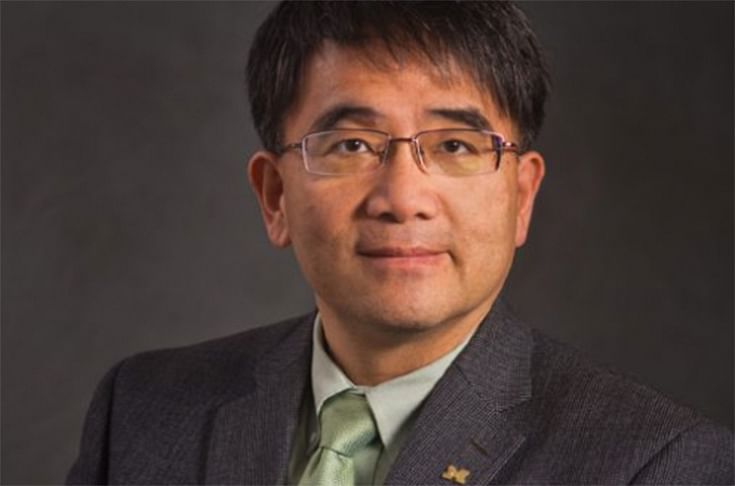rFpro creates twin Mcity digital facility for testing connected and automated vehicles
Spread across a 32-acre site at the University of Michigan and with more than 16 acres of road and traffic infrastructure, Mcity is one of the first purpose-built autonomous-focused proving grounds.
Simulation software specialist, rFpro, has created a purpose-built digital facility, a twin Mcity, at the University of Michigan for testing connected and automated vehicles and technologies under controlled, realistic conditions. The digital twin enables vehicle manufacturers and technology suppliers to accelerate development using simulation.
Spread across a 32-acre site at the University of Michigan and with more than 16 acres of road and traffic infrastructure, Mcity is one of the first purpose-built autonomous-focused proving grounds. The outdoor laboratory simulates the broad range of complexities vehicles may encounter on today’s roads in urban and suburban environments.

Huei Peng, director, Roger L McCarthy Professor of Mechanical Engineering, University of Michigan commented; “We are excited that rFpro is offering a digital twin of our facility as we believe it will bring significant value to our researchers and industry partners. The Mcity Test Facility was purpose-built for safe, repeatable testing of connected and automated vehicles (CAVs) and technologies in a controlled environment. The development of CAVs is safer, faster, and cheaper by strategically combining controlled tests and simulations, rather than relying too heavily on public road testing."
Accurate correlation, wide array of tests
rFpro’s development of an accurate digital twin of Mcity will result in simulated tests that correlate with real world experiments, meaning that customers can prepare ahead of each visit to the real-world site in simulation. Tests at the real-world track can also be used to validate the simulated tests enhancing their reliability.
Different roadside objects and materials help ensure accurate simulation of radar, LiDAR and camera sensors. rFpro used survey-grade LiDAR equipment to capture a digital copy of the environment accurate to less than 1mm. Road layouts, lanes and junctions are described inside rFpro in OpenDRIVE, IPG ROAD5 and SUMO formats. As these are the three main industry standards for road network descriptions.
The Mcity digital twin and the physical test facility alike are densely populated spaces which group many road features into a compact area. This ensures a whole range of tests are possible within a single model or location and are particularly suited to simulations of complex urban environments.
RELATED ARTICLES
Autoliv Plans JV for Advanced Safety Electronics With China’s HSAE
The new joint venture, which is to be located strategically near Shanghai and close to several existing Autoliv sites in...
JLR to Restart Production Over a Month After September Hacking
Manufacturing operations at the Tata Group-owned British luxury car and SUV manufacturer were shut down following a cybe...
BYD UK Sales Jump 880% in September to 11,271 units
Sales record sets the UK apart as the largest international market for BYD outside of China for the first time. The Seal...






 By Autocar Professional Bureau
By Autocar Professional Bureau
 09 Mar 2020
09 Mar 2020
 6475 Views
6475 Views










 Ajit Dalvi
Ajit Dalvi




